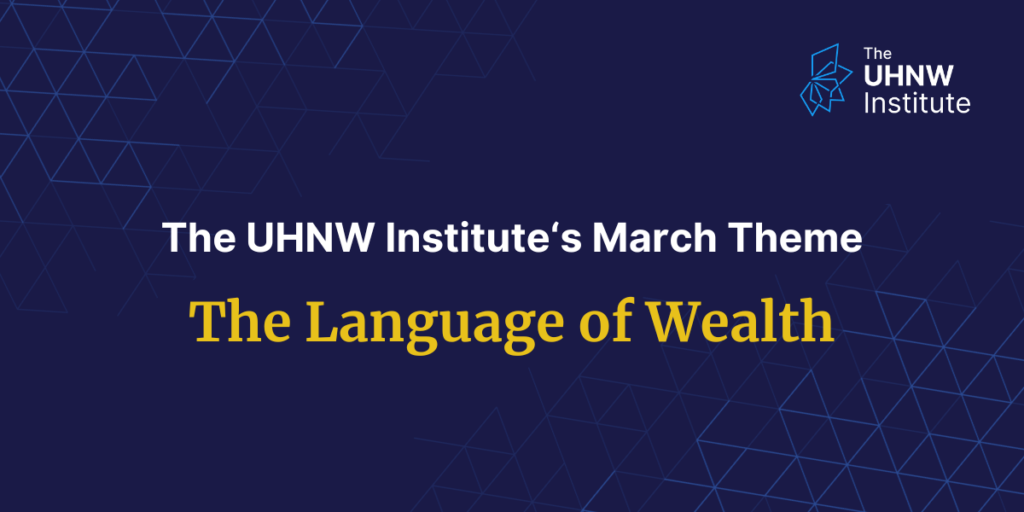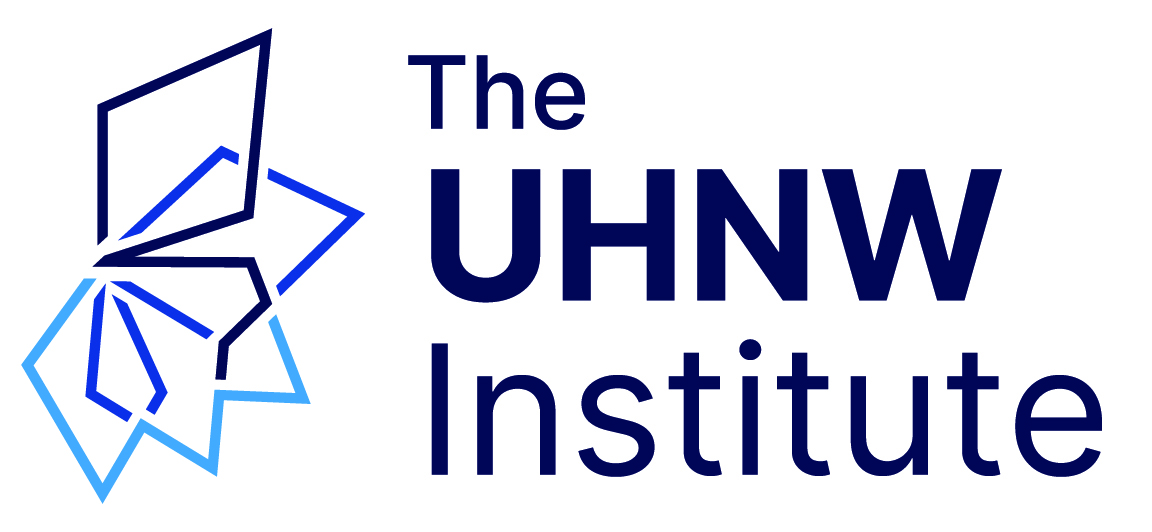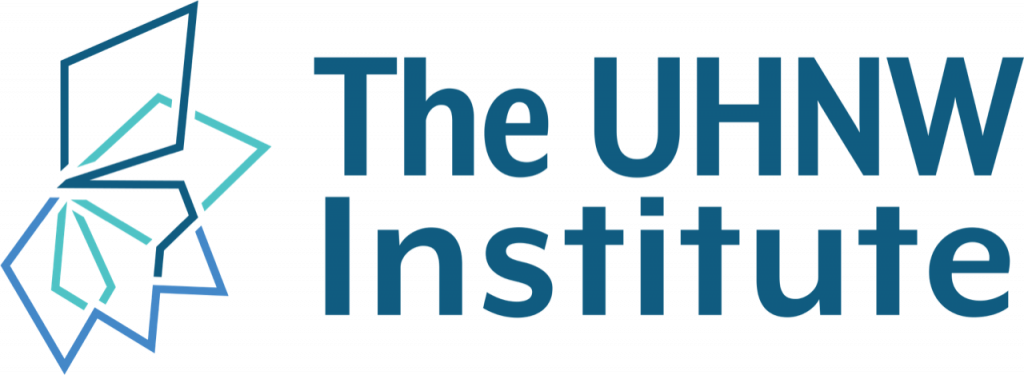
Every month, The UHNW Institute identifies a new theme to highlight, steering our content and programming. During March, we will explore The Language of Wealth and provide members with various resources to help in the exploration and study of this compelling topic.
Despite UHNW philanthropic giving and contributions to science, healthcare, technology and other business ventures that have impacted our world by established families of wealth, the next generation of inheritors and creators is seeking a different path. But is society and the media open to the change, or will they continue to perpetuate stereotypes through our established language of wealth?
How do we move from Succession, White Lotus and Painkiller portrayals of heirs as entitled, drug-addicted, and maladjusted to potential changemakers who want to create positive impact in the world? Does the industry, the wealth community or even the ‘one percent’ need a new PR campaign? And how do money shame and assumptions or perceptions affect the relationships of inheritors?
Enjoy the resources listed below and join us for The Language of Wealth webinar with Editor Tom Burroughes of Family Wealth Report as he connects with language strategist Michael Maslasky, of Maslasky + Partners, in a conversation to discuss how firms and family members are thinking about the Language of Wealth, how it may evolve and how capturing stories of wealth creators and beneficiaries might change the greater narrative.
Members can register on the Member Portal here.
ARTICLE
1. Article – Fiona Sturges – The Financial Times – The ‘Succession’ Effect: How TV Dramas Got Angrier About the Rich
Skewering the wealthy on screen is nothing new but today’s financial insecurity is feeding a deeper skepticism.
When it debuted in 2018, “Succession” felt unusual in its very negative portrayal of its ultra-loaded protagonists. Where previous wealth-obsessed productions — from “The Wolf of Wall Street” and “Crazy Rich Asians” to the “Dallas” and “Dynasty” reboots — had their heroes and villains, the world of “Succession” is inhabited only by the latter, each of them more venal, self-interested and emotionally stunted than the last.
‘The idea that the rich are all selfish and self-serving is untrue but can be traced to a widely shared wish that anyone really successful must be deficient as a personality.’ — Julian Fellowes, screenwriter, “Downton Abbey”
2. Article – Francois Botha, Senior Contributor – Forbes How the World’s Next Generation of Ultra-Wealthy Are Redefining What It Means To Give Back
The world’s wealthiest have always been subject to certain societal expectations surrounding their responsibilities regarding “giving back.” Over the past decade, however, this call has intensified. With it has emerged a new generation of ultra-wealthy giving that looks nothing like before.
3. Article – Cassidy O. Smith – Refinery 29, 2016 – I’m the Trust Fund Baby You Love to Hate
After the death of her father, the author of this brief editorial grew up with a trust fund. Debunking stereotypes about spoiled rich kids.
BOOK
- Book – Tim Kasser, PhD, and Allen D. Kanner, PhD – Psychology and Consumer Culture: The Struggle for a Good Life in a Materialist World
-
- Book Chapter 11 – Stephen Goldbart, Dennis T. Jaffe, and Joan DiFuria – Money, Meaning, and Identity: Coming to Terms with Being Wealthy
Psychology and Consumer Culture provides an in-depth psychological analysis of consumerism that draws from a wide range of theoretical, clinical and methodological approaches. The contributors to this edited volume demonstrate that consumerism and the culture that surrounds it exert profound and often undesirable effects on both people’s individual lives and on society as a whole.
PODCAST
- Podcast – Joe Reilly – The Inheritance Podcast – Kristin Keffeler, Myth of the Silver Spoon
Interview with Kristin Keffeler, author of the book Myth of the Silver Spoon and the emotional and psychological clutter around money, the confusing messages we get about wealth, positive psychology and how to integrate a healthier identity.

